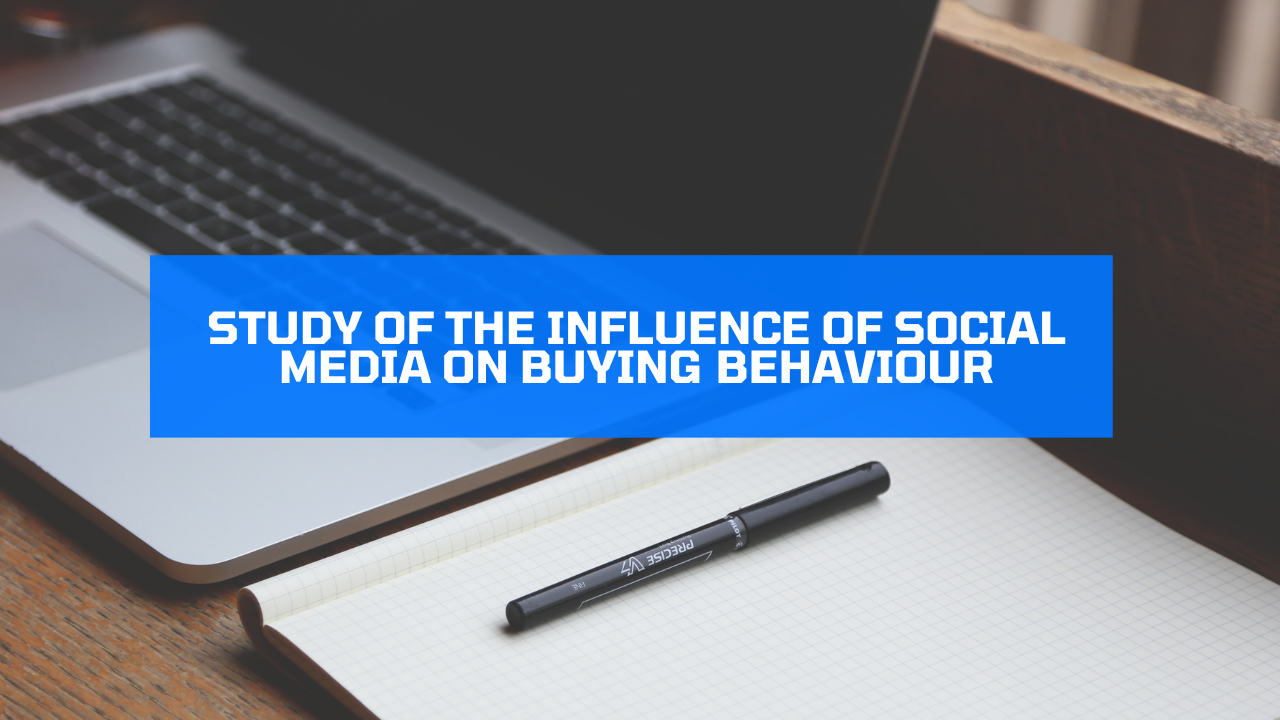Social media has revolutionized the way people interact and communicate, shaping modern society’s digital landscape. This abstract provides an overview of social media, its definition, features, usage statistics, and impacts on various aspects of society. Social media encompasses diverse platforms facilitating the creation and sharing of information, ideas, and interests through virtual communities. It is characterized by user-generated content, interactive Web 2.0 applications, and service-specific profiles. Popular platforms like Facebook, YouTube, Instagram, and TikTok boast billions of users globally. Social media’s impact is far-reaching, influencing communication, marketing, politics, and societal norms. Positive effects include improved connectivity, effective communication, and mobilization for social causes. However, it also raises concerns about the digital divide, political polarization, and stereotyping. Social media marketing has emerged as a powerful tool for businesses, enabling targeted advertising and interaction with customers. It encompasses paid, earned, and owned media, leveraging influencers and user-generated content to promote brands. While social media offers benefits, it is not without criticisms. Issues like misinformation, cyberbullying, and commercialization have sparked debates about its societal implications. Efforts to address these concerns include enhancing media literacy and promoting responsible online behavior. As social media continues to evolve, understanding its complexities and impacts is crucial for navigating the digital age effectively.
How to Cite: Shivansh Ojha, & Krupa Joshi. Study of the Influence of Social Media on Buying Behaviour. Journal of Advanced Research in HR and Organizational Management, 11(1&2), 13-37 (2024). Available from: https://adrjournalshouse.com/index.php/Journal-HumanResourcesOrg/article/view/1979

